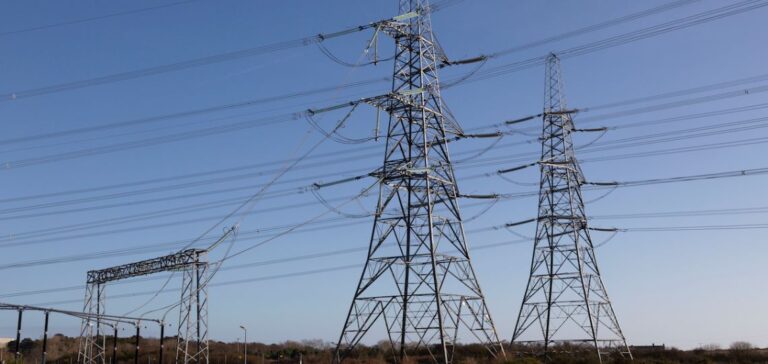UK households must prepare for a further increase in their energy bills. The sector regulator, the Office of Gas and Electricity Markets (Ofgem), has announced that from April 1, gas and electricity bills for an average household will rise by 6.4%, equivalent to an annual increase of £111 (approximately €134). This decision follows previous increases of 10% in October and 1.2% in January.
Impact of international gas markets
According to Ofgem, this increase is primarily due to the UK’s dependence on international gas markets, characterised by heightened volatility. The 2022 Russian invasion of Ukraine had already led to record gas prices, and while they have slightly decreased, they remain significantly higher than pre-conflict levels. This situation continues to impact UK household energy costs.
Stakeholder reactions
Adam Scorer, director of the energy poverty charity National Energy Action (NEA), expressed concerns about this latest increase, highlighting that many households are already facing high energy bills. Meanwhile, Energy Minister Ed Miliband acknowledged the anxiety caused by this announcement and reaffirmed the government’s commitment to supporting vulnerable families, notably by strengthening financial aid and accelerating the development of clean energy.
Government measures and outlook
The UK government is considering various measures to mitigate the impact of this increase on consumers, such as expanding subsidies for low-income households and promoting renewable energy sources to reduce dependence on fossil fuels. However, the implementation of these initiatives will take time, and households may continue to feel the pressure of high energy costs in the near future.






















